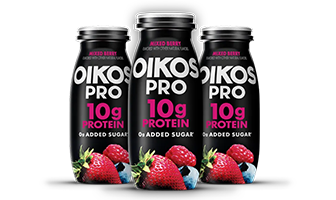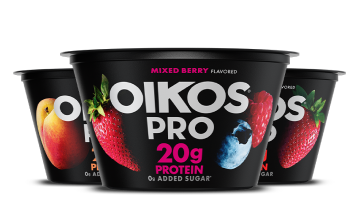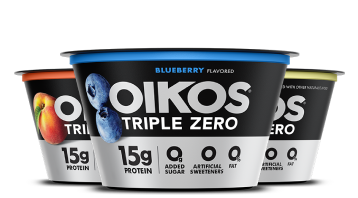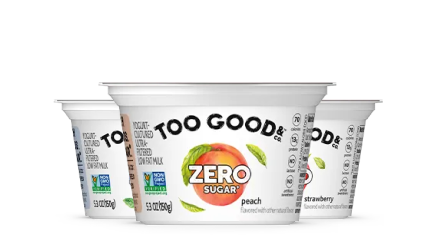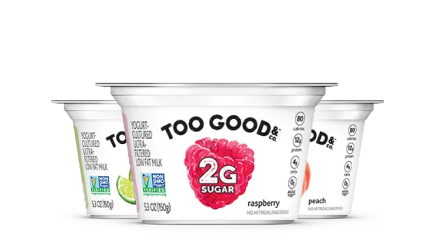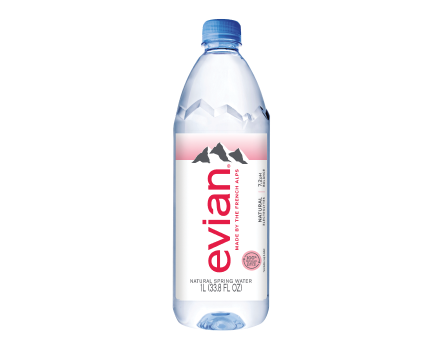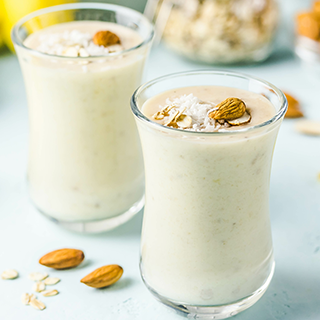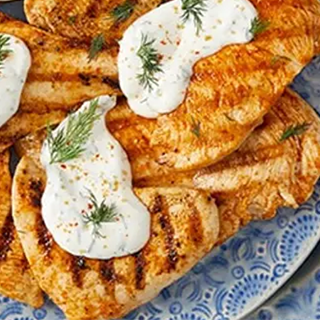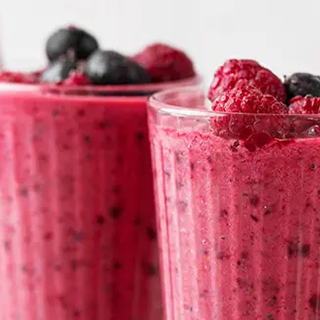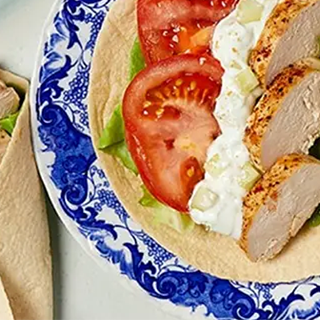Getting enough protein is vital to minimizing muscle loss on GLP-1s

Protein

Fiber
Fiber intake is important because GLP-1s slow down digestion.
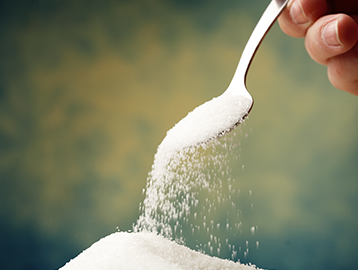
Limiting Added Sugar
Added sugar provides calories, but often not much nutrition.

Hydration
GLP-1s can reduce thirst, so make sure you’re hydrating.
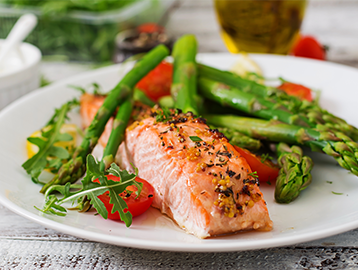
Vitamins & Minerals
“Essential” vitamins and minerals come from food.
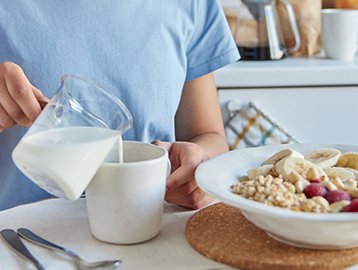
Calcium & Vitamin D
Make sure you’re getting enough of these – most people don’t.
Oikos Pro Shot
Oikos Fusion Drinks
Oikos Pro
Oikos Zero
fit greek
Too Good & Co. Zero Sugar**
Too Good & Co. Blended
Keep me hydrated
Hydration is important to be mindful of, because when hunger and thirst cues are decreased, it can be difficult to drink enough fluid.
- Always keep water (or other beverages without added sugar) nearby so it’s easy to remember to drink
- Set a timer for every half hour to remind yourself to take 5-10 sips
- Try drinking a glass of water when you first wake up in the morning – to start your day off right
- Add cucumber, strawberries, mint, watermelon or ginger to your water to spice things up
Evian
- first
- second
- third
- forth


